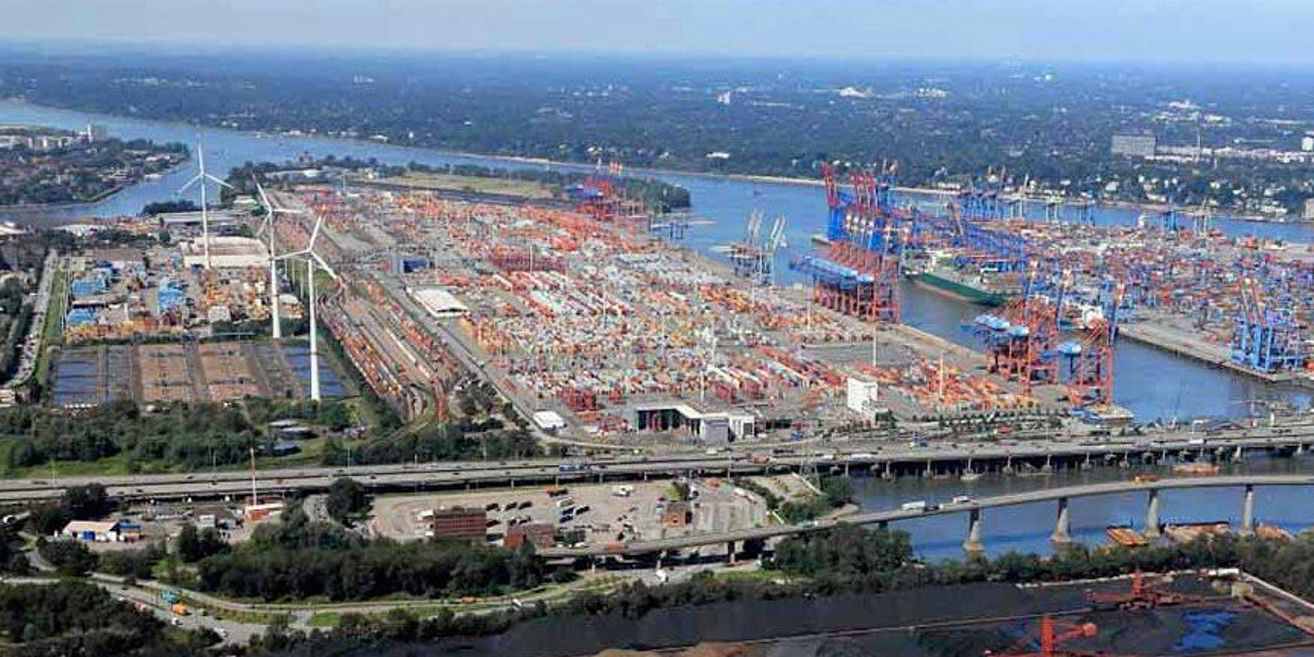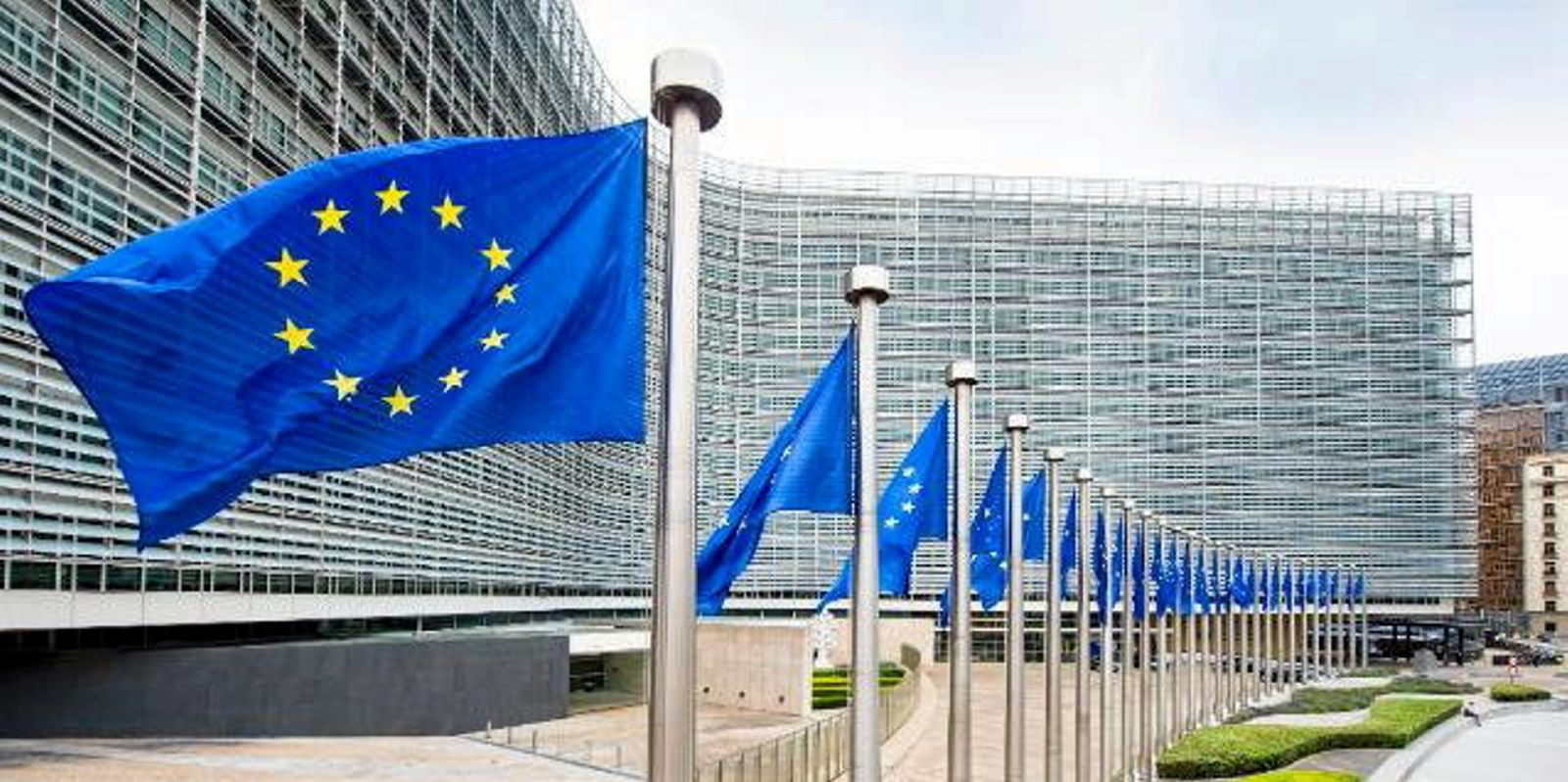European ports want Brussels to take transshipment costs into account when designing the emission trading system for shipping.
Many shipowners have called on the European Union to include only carbon emissions from voyages between European Economic Area (EEA) ports in the carbon market.
In this scenario, more vessels are expected to call at non-EEA transshipment hubs at the expense of European ones when shipping cargoes to European destinations.
The European Sea Ports Organisation (ESPO) told the European Commission that the carbon market should instead cover voyages to or from one or several ports in the EEA.
“A regional market-based measure on the European level that does not sufficiently account for transshipments could have a disproportionate negative effect on key European transshipment ports,” the trade group said in a filing.
“Shipping lines may choose to divert their traffic to ports outside the EEA. Apart from the negative economic and climate implications of such developments, it could also result in environmental dumping as ships divert their port calls to non-EU ports with less stringent environmental legislation.”
But ESPO admitted that European hubs could still lose transshipment business to non-EU markets even if the European carbon market covers only intra-EEA voyages. For example, some vessels that call at European ports for transshipments to other regions might opt for non-EEA hubs in the future.
ESPO said the EU needs to mitigate the ETS’ potentially negative impact on European transshipment hubs, which are in fierce competition with non-EU neighbouring ports.
“This is especially the case for Mediterranean ports and ports in the North Sea (post-Brexit),” it said. “The transshipment business is highly cost-sensitive, and relies on economies of scale.
“Important European transshipment ports are often located on the fringes of the EEA, with major non-EU competitors located in close vicinity.”
To maintain the competitiveness of European ports, ESPO said the EU should consider introducing compensation mechanisms for European transshipment hubs and bilateral agreements with neighbouring ports, among other solutions.
“The implications of a market-based measure on transshipments should therefore be investigated ... ESPO would call for the examination of possible options in close cooperation with the potentially affected ports with a view to finding a solution.”






